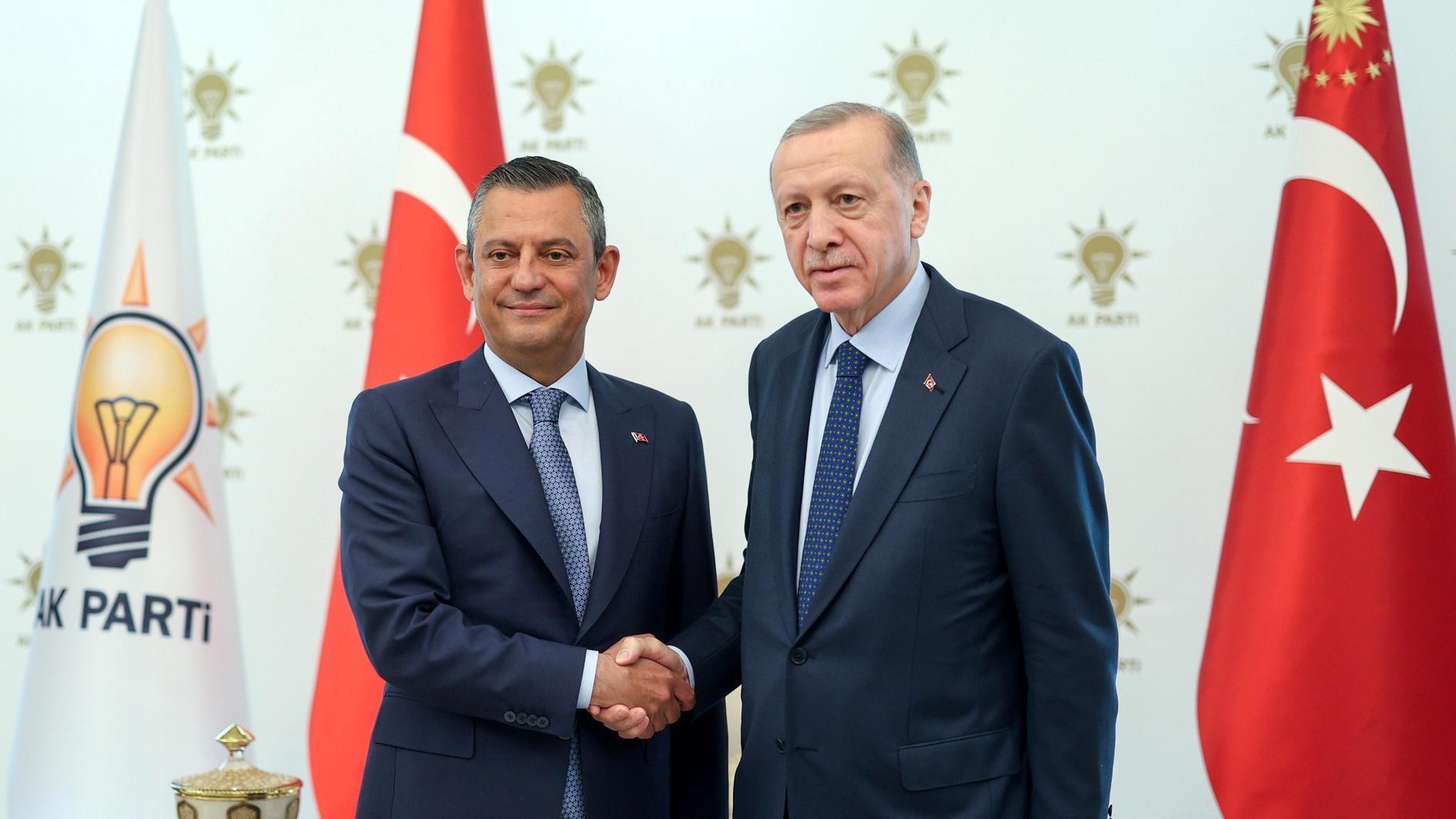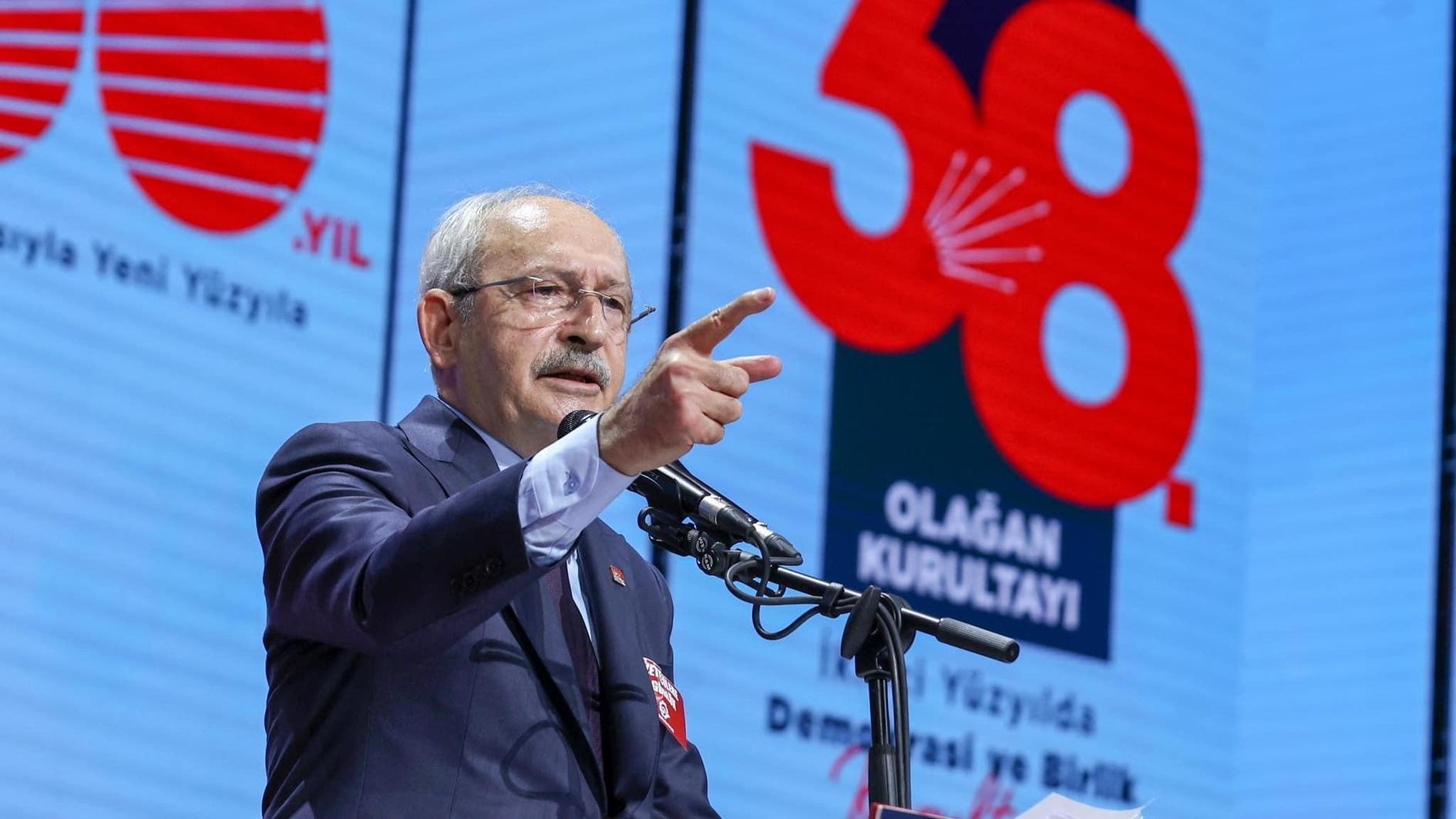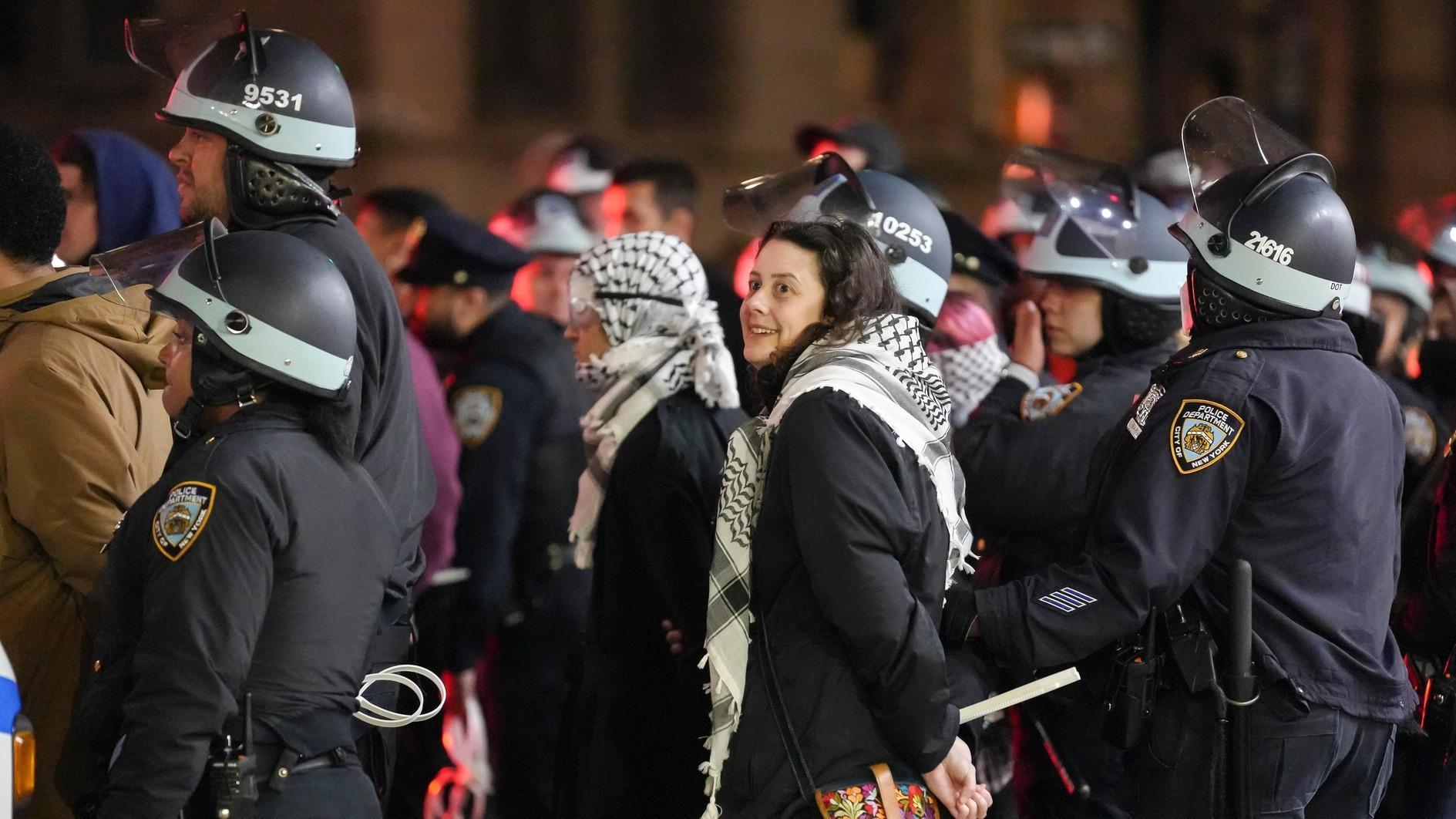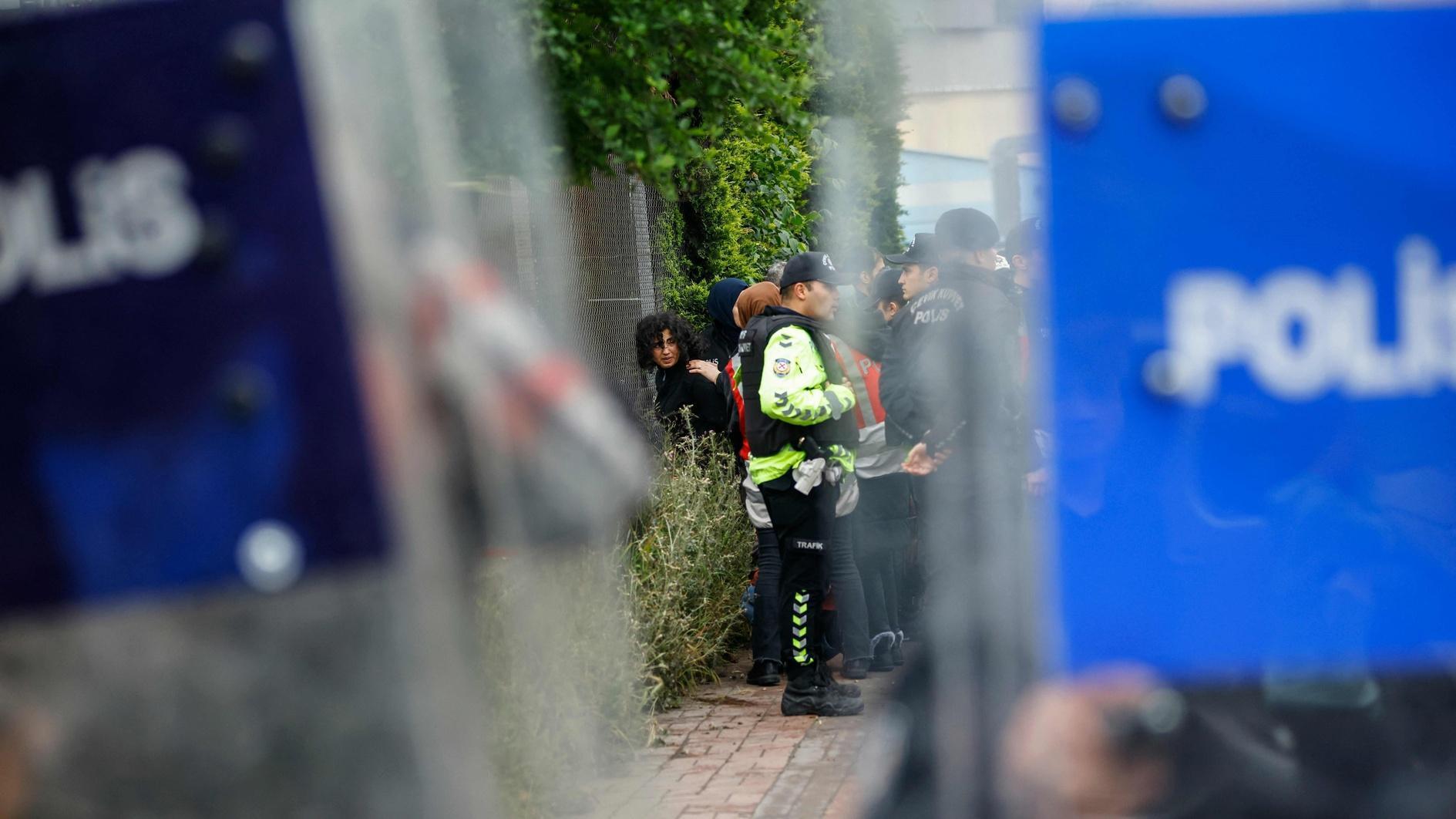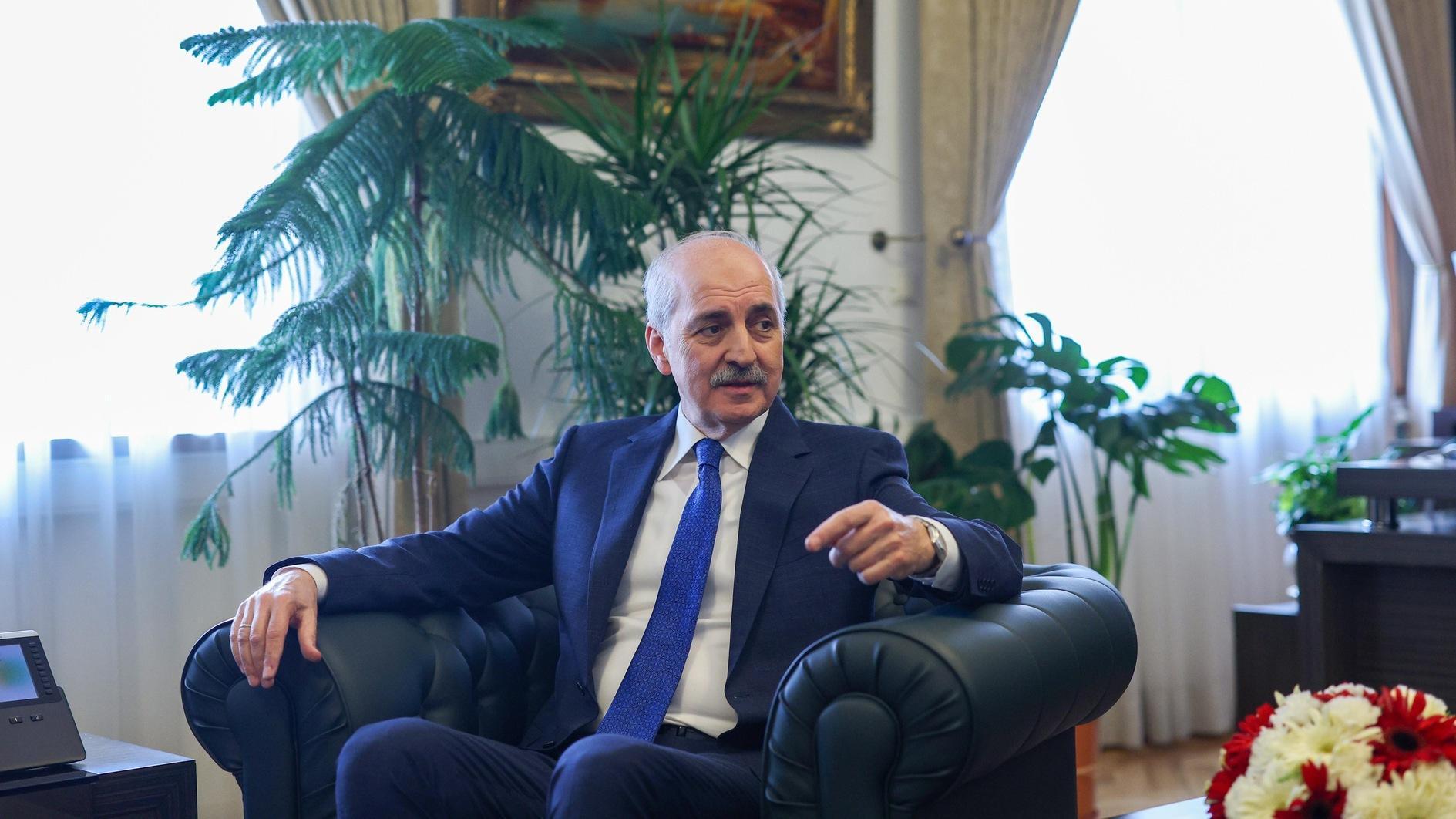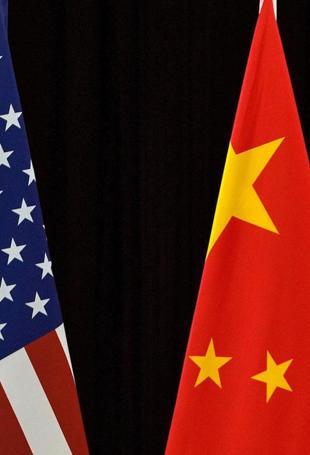The wise elder brother complex
Turkey is a big country. As is often said, it is a country bigger than a nation state, yet smaller than a classical empire. Due to its geography, whether it intends to be or not, Turkey is a key country. And our autocratic prime minister and scholarly foreign minister appear to have some imperial designs, or at least to want to make Turkey a regional game setter, if not a global one.
As a big country in its neighborhood, naturally, Turkey suffers immensely from the spillover effects of developments in the region. A superpower is angry with a dictator. The U.S. arms industry wants to test some new weaponry. U.S. oil companies want to obtain some lucrative new contracts. Next-door neighbor Iraq gets involved in all kinds of provocation, ranging from occupying its neighbor Kuwait to using chemical warfare on Kurds in Halabja. First Turkey suffered when over 500,000 Iraqi Kurds, in fear of their dictator Saddam Hussein, sought refuge in the mountains on the Turkish side of the border. Later, when the subsequent American intervention produced a huge power vacuum in Iraq, this provided fertile ground to nourish Turkey’s separatist terrorist beast.
In the aftermath of the 9/11 Islamist attacks against the U.S., which caused Americans to realize in shock that they might be vulnerable even in their homeland across the Atlantic, a global campaign of revenge was rightly launched. Afghanistan was suffering under the merciless primitivism of a Taliban-al Qaeda coalition of Islamist tyranny. NATO was pulled in as well, providing allied defense as required under its charter.
Afghanistan became the new war ground. Years later, al-Qaeda’s leader was murdered in Pakistan in a clandestine American security operation. His body was dumped into the ocean, and the problem was solved.
Iraq, two decades after the first operation was launched against it, is in tatters, without a government embracing the entire country. The vice president of the country cannot travel to Baghdad, because he has been declared a criminal there, and was given de facto asylum in Turkey. In Afghanistan, the Americans and other NATO countries are talking about when to leave the country, but it is taboo in Turkey to ask the government why are we still in Afghanistan.
The reason is obvious: Turkey is a big country. As a big country willing to play a role in regional or global affairs, then it must be present somehow in all the world’s trouble spots as a “big brother,” offering humble assistance. Turkey has lost billions of dollars in unfulfilled business contracts, a form of collateral damage to its international trade, because of the Iraq quagmire, while trying not to help the U.S. Now it is trying to incite the U.S. and others to put out the fire in Turkey’s next-door neighbor, Syria.
Why? Because yesterday’s brother Bashar al-Assad did not heed Turkey’s advice, but told Turkey he, as the president of Syria, knew better what to do and did not need scholarly advice from our foreign minister. That is to say, he brushed aside Turkey’s dream of grandeur and offer to play the role of a wise elder brother, and thus become the dictator al-Assad, who must be pulled down.
This country has problems of its own, the Kurdish issue and others, and must first try to handle them.



